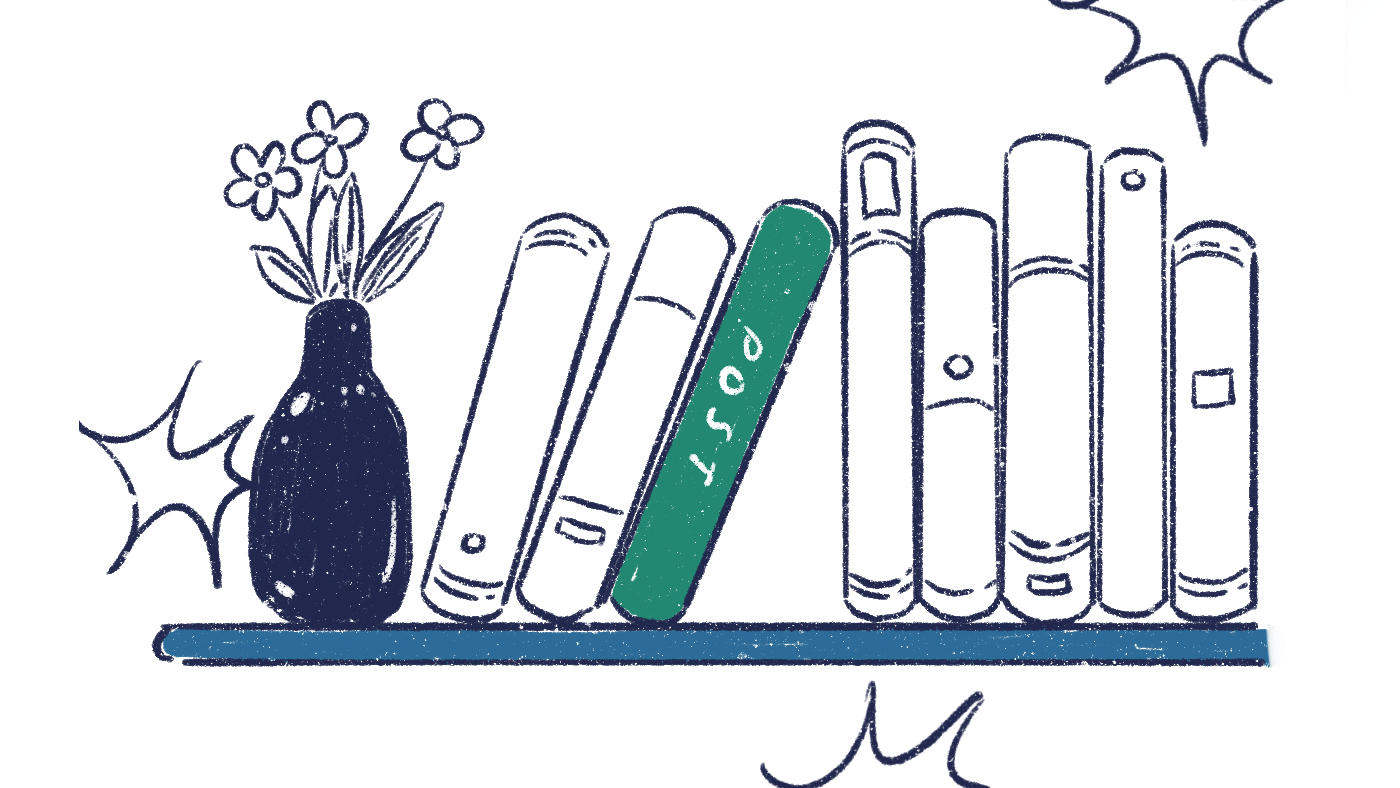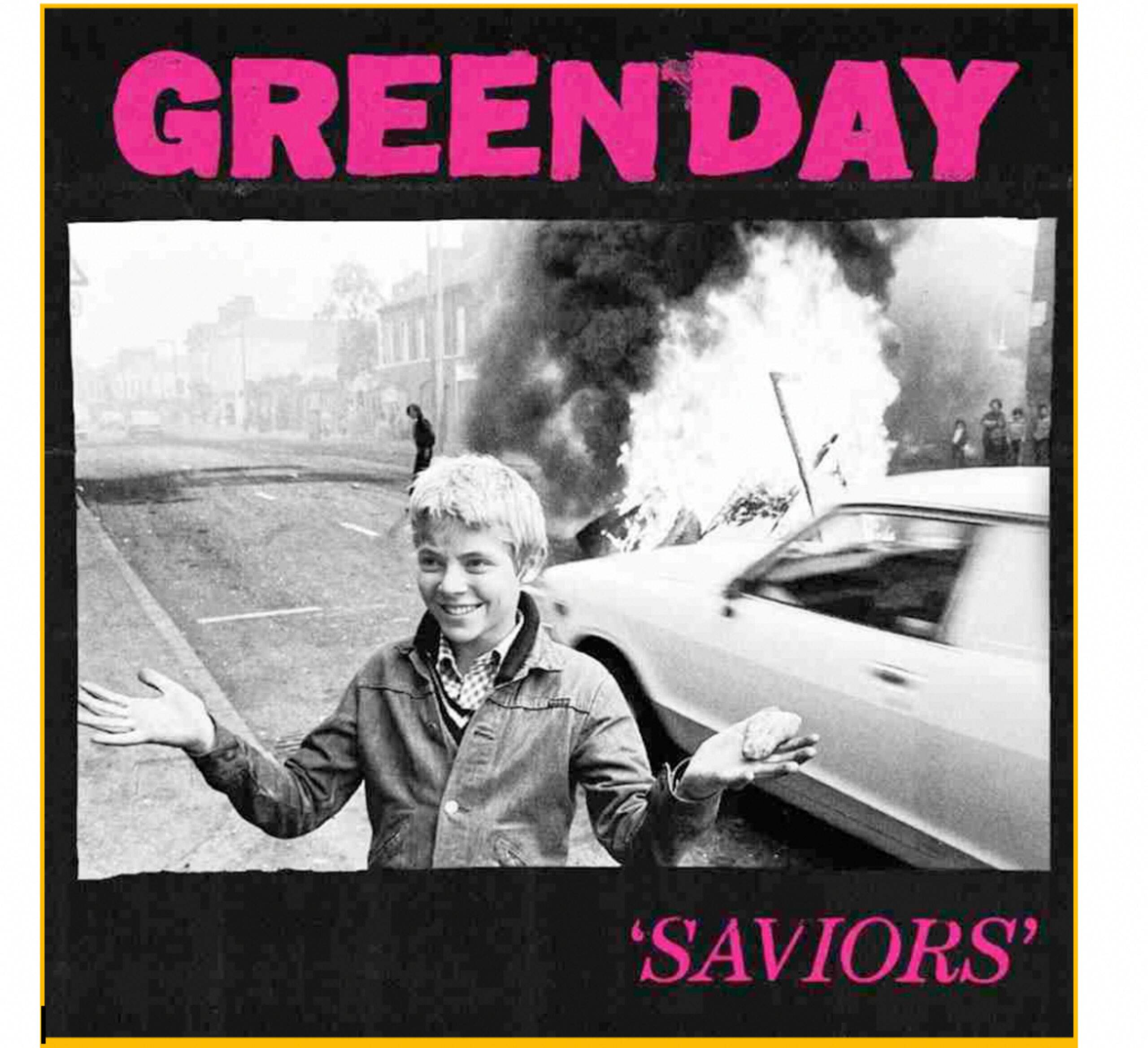
“Post” is an unassuming lavender book with just three words on the cover in matte black ink, a softcover affair made to slide right into bookshelves filled with other queer literature. It’s in conversation with everything from Tom of Finland’s “Kake” comics to Alison Bechdel’s “Fun Home” graphic novel. But “Post” by author Leo Herrera is not like most queer fiction or theory you’ve read before, and it is one of the best pieces of queer literature in my collection.
Perhaps you’ve heard of Leo Herrera. Maybe you’re a fan of his work during or after his turn as a gay adult film star. You may have heard him on NPR, read an article from Slate or HuffPost (both of which are linked on his website iftheylived.org), or enjoyed his recipes like the most recent one for boozy hot chocolate posted on his Instagram @herreraimages. Maybe this is the first time you’re hearing about this holistic, attuned, queer activist and are about to find out that his website and Instagram are more than just landing pages. They’re conversation starters, just as they’re meant to be.
Queer books aren’t just for the LGBTAIQ+s. Especially within the context of our modern history regarding disease, when so much of what was experienced during the AIDS epidemic has reared its head in ugliness again during the COVID-19 pandemic. In fact, that’s where “Post” came from in many ways, starting as a blog in response to feelings of loneliness and isolation that were eerily familiar to Herrera.
One can’t help but think about how the response to COVID would’ve been different if it had only affected LBGTQIA+ communities or liberals in general, the way Donald Trump Jr. crowed about it having done at the beginning of the virus’s spread in the United States. The gay world is very sensitive and attuned to pandemic lingo and has been since those first reports of ‘gay cancer’ changed the world of queerness in the ‘80s. The AIDS epidemic altered not just how we practice sex but also how we talk to each other and meet in private or public spaces and respond to each other. It altered how we were out and living life. “Post” is a reflection of the similarities between pandemics, the way they change our lives immeasurably, and so much more.
This collection of short essays and poems about life written by a gay immigrant and former sex icon in a world that often flattens queer experiences changed how I looked at my life. Herrera’s short essays discuss everything from icons like Heklina who paved the way for “Rupaul’s Drag Race” to what legal battles queer communities are currently fighting (and not always winning). Herrera comes from a world of leather and poppers and frankness about sex that he doesn’t want us to forget still exists in tandem alongside a more modern queer world. Both worlds are part of our tradition and heritage for those who identify as LGBTQIA+.
In “Post,” Herrera calls us all ‘Mary’ with much affection and delight, when speaking to us directly as a throwback to that early queer culture in America. It’s the sort of book that fits in with the world of Armistead Maupin and gives a glimpse of a life where the bathhouse is a cultural meeting ground and not just a place to screw. Where going to a gay bar meant taking your life and livelihood into your own hands when, not if, the cops raided it. He uses terms that are hyper-queer but have meanings that are not hard to suss out for unfamiliar audiences.
Herrera is unafraid to explore the controversial, but breaking down polarizing topics can be a great way to facilitate dialogues. In one essay space, he examines the taboo concept of ‘bugchasing,’ a term that pre-COVID was about the niche community of gay people who chased and desired to catch AIDS for the enlightenment that the end of life could bring (amongst other reasons). It’s an incredibly dark, proasic, and revolutionary essay because now we can talk about it in terms of not just AIDS but also COVID (and the poor handling of the AIDS epidemic and COVID-19 pandemic in America). Its simplicity and loaded historical and cultural context — as often queer terms are loaded with context — also comes with joy as a gay man finally speaks candid truth on topics that are very dark in our communal soul. Herrera is nearly singular in speaking this way and with this sense of urgency and importance in the 245 pages of “Post.”
I read the essays in one sitting on the train, going to visit straight family. Straight family that loves me, but who wouldn’t understand why an essay about Harvey Milk still feels so harrowing and important. Why I love those ‘weird’ Keith Haring posters and faux-graffiti. As much as my straight family and friends love me, only Leo really gets the contradictions of being openly queer and what it means to live as an authentic self in a world where the inauthentic, curated self is often made to feel so much more important.
“Post” is about this depth of history and found family and otherness. About his estrangement in the straight world as an immigrant and his estrangement in the queer world as a person of color and sex worker. Through it all, Herrera uses these essays taken from his Patreon content as a way to affirm that queer is different, but that doesn’t mean it’s bad. And Herrera is at peace with that — though for sure he doesn’t mince words about how COVID is a repetition of a cycle he hoped never to see again.
Even if you’re not gay, “Post” is more than worth a read. These essays are about the complexity of life and about how we carve out paths for ourselves (and how sometimes those choices we make create other choices we hadn’t dared dream of). The essays appear chronologically, starting in June of 2020 with Pride and ending in November of 2023, so it’s fairly easy to follow. There are a few blank pages here and there to make notes or questions for yourself and places marked with moments of queer history, such as an anniversary post for luminaries like Harvey Milk and Heklina.
Mostly, “Post” is a message about and to those of us who remain. It is for those who are changed and profoundly impacted by the world we live in, the culture that surrounds us, and everything that tells us that although it’s okay to be gay now, there are still forces trying to shove us back into closets or worse. “Post” calls back even far into the ‘80s to remind us that there is still a journey we are on to find ourselves, and that there is still joy but also heartache.
Mary, it’s a fabulous book. Bittersweet, reactionary, political, powerful. It’s everything you want in a beautiful lavender paperback, ready for your shelf.
Leo Herrera: @herreraimages or buy the book at iftheylived.org







